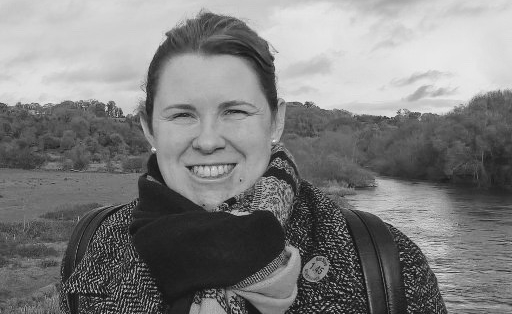Ahead of the forthcoming consultation Faith, Belief and Nation-building, we’re asking some of the participants a few quick-fire questions to give you a flavour of their interests and thoughts…
Today we talk to Dr Maria Power from the Institute of Irish Studies at the University of Liverpool.
What have you been working on recently?
I’ve been working on a project looking at the role of public theology during the conflict in Northern Ireland as well as another exploring the peace teachings of the Popes since 1962.
Why did you accept the invitation to Malvern 2017: Faith, Belief and Nation-building?
Malvern seemed to be an innovative event, and just what we need in these times of uncertainty. I’ve been becoming increasingly concerned by the lack of theological discourse, or indeed at the very least commentary, coming from the leaders of the Anglican and Catholic churches since 2010, and think that those of us working in the field need to have a conversation about how we can start a process of speaking truth unto power.
What are you looking forward to about the conference?
Some of the most interesting conversations will take place outside of the formal sessions, so I’m looking forward to those. But mostly, I’m just looking forward to the time to think through these issues in a structured and supportive environment.
As you know, the consultation takes its name from the conference of 1941, instigated and convened by Archbishop William Temple…
What do you think has been the most positive change in British society since 1941?
I know it’s a cliché but the NHS.
What do you think has been the most negative change in British society since 1941?
The advent of neo-liberalism, the decline of meaningful debate within the Labour party and the growth of New Labour, and similarly, the disappearance of Disraeli’s style of conservatism.
Why is it important that the role of faith and belief be a part of the conversation about nation-building?
Beyond the fact that most people are nominally members of a faith or belief group, such groups have a body of teaching that can be used to meaningfully inform these debates.
Thanks Maria!
You can find out more about Maria here, and more information about Malvern 2017: Faith, Belief and Nation-building by following this link.
More blogs on religion and public life
- Faith and Voting: The UK general election 2024
by Matthew Barber-Rowell - Labour and Faith – Brave New Reset or Faith-Washing?
by Chris Baker - Lessons for an election year from the Bishop of Unity
by Ian Mayer - Food, hope and love: the local church in a time of crisis?
by Paul Monk - Radical hope in the midst of poverty in the city
by Grace Thomas

Discuss this